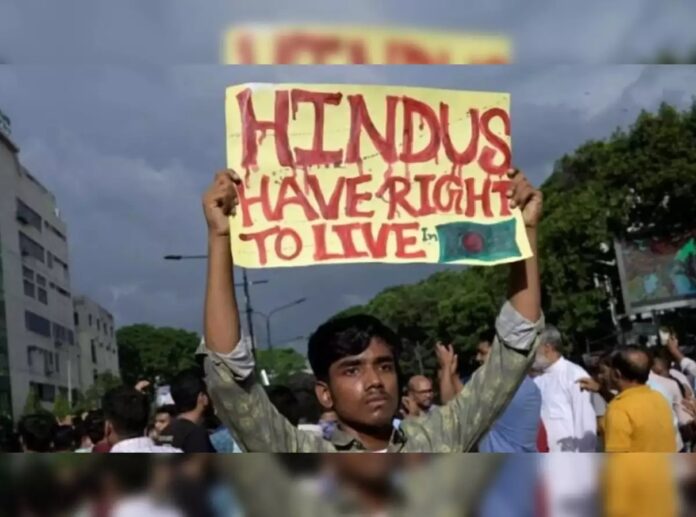In a move stirring national debate, Bangladesh’s Attorney General Md. Asaduzzaman has proposed that the Constitution drop the term “secular” in favour of a more explicitly Islamic identity, arguing it aligns with the nation’s Muslim majority. His remarks came during a court hearing on the legality of the 15th Amendment, in front of Justices Farah Mahbub and Debashish Roy Chowdhury. With 90% of Bangladesh’s population identifying as Muslim, Asaduzzaman stated that the country should reflect this demographic reality in its foundational laws.
“Earlier, there was consistent faith in Allah,” Asaduzzaman argued, adding that Article 2A, which mandates equal rights for all religions, contradicts Article 9’s focus on “Bengali nationalism.” This, he argued, creates a dichotomy within the Constitution that weakens the country’s unity and identity. He suggested a return to what he sees as the nation’s original Islamic focus, which he believes would be more reflective of the population’s beliefs.
Call for Repeal of Articles Limiting Democratic Reforms
Asaduzzaman further criticised Articles 7A and 7B, which prevent amendments that might “subvert democracy,” arguing they hinder necessary democratic reforms. He contends that these clauses consolidate political power, potentially encouraging authoritarianism and limiting the government’s accountability.
“It is designed to extend dictatorship for ulterior motives,” he said, emphasising that the articles contradict the principles of democratic rule and the rule of law. These provisions, according to him, entrench existing political structures rather than supporting the public’s freedom to challenge and amend them.
Democratic Implications of Caretaker Government Abolition
The Attorney General also voiced strong objections to the elimination of the caretaker government system, a structure previously used to ensure fair oversight of elections in Bangladesh. Asaduzzaman argued that the removal of this system has restricted citizens’ rights, undermined public confidence in democratic processes, and weakened the country’s democratic fabric. He called for a repeal of the 15th Amendment, asserting that it compromises the legacy of Bangladesh’s independence and contradicts the “spirit of the Liberation War” and democratic movements of the 1990s.
Hindu Minority Concerns Rise Amid Constitutional Debates
As the debate on constitutional reform intensifies, Bangladesh’s Hindu minority has increasingly voiced concerns over rising attacks. Tens of thousands have rallied in cities across the country, demanding protection from harassment and violence, which they report has escalated since a recent government change. In Chattogram, nearly 30,000 Hindu protestors gathered under police and military security, highlighting their insecurity in a country where many feel targeted.
According to Hindu advocacy groups, over 2,000 incidents of violence against Hindus have been reported since August 4. The current interim government, led by Nobel laureate Muhammad Yunus, disputes the scale of these claims, stating that the reported figures are exaggerated. Nevertheless, India has urged Bangladesh to protect its Hindu citizens following recent arson incidents in tribal areas near Chattogram.
A Divisive Debate on National Unity and Democratic Ideals
Asaduzzaman’s proposal has amplified Bangladesh’s ongoing conversation about the intersection of national identity, democracy, and religious freedom. He argues that honouring Sheikh Mujibur Rahman as the “Father of the Nation” is crucial but that enshrining it in law creates division and limits free speech. His call for reforms aims to align the Constitution with democratic values and the unifying principles of the Liberation War, while critics worry it may risk undermining secular protections and alienating religious minorities in Bangladesh.

